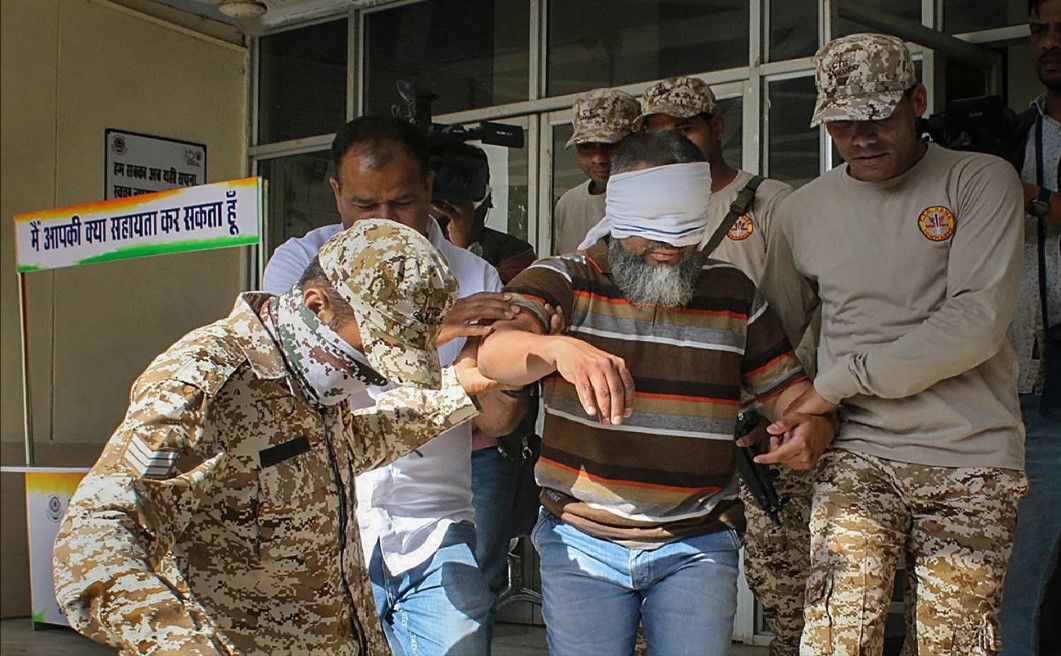India Ramps Up Security Following Arrest of Hizb ut-Tahrir Sympathizers in Chennai

In a significant move to bolster national security, Indian authorities have intensified their vigilance following the arrest of six individuals in Chennai with alleged ties to Hizb ut-Tahrir, a banned Islamist organization. The crackdown in May unearthed a cache of literature and propaganda materials endorsing the group's radical ideology, signaling a potential expansion of this terror network within India.
Hizb ut-Tahrir, which is outlawed in several Middle Eastern and Central Asian countries, is known for its advocacy of a global Islamic caliphate. Its activities have been associated with extremist violence and the radicalization of individuals across various regions. The Chennai arrests underscore the Indian government's growing concern over the infiltration and spread of such ideologies within its borders.
This heightened alert comes at a time when neighboring Central Asian countries are also grappling with the menace of Hizb ut-Tahrir. Kyrgyzstan recently detained several members of the group, seizing weapons and radical literature. In a similar vein, Kazakhstan has arrested individuals suspected of propagating terrorist activities and extremist propaganda. These efforts reflect a broader regional clampdown on radical elements.
Adding to the complexity of the situation, Kyrgyzstan has also reported the arrest of 15 suspected ISIS supporters, highlighting the escalating threat posed by the Islamic State in Afghanistan (Khorasan). This surge in extremist activities in Central Asia, a region traditionally known for its tolerance and pluralism, has prompted Indian security agencies to closely monitor developments and reassess their counter-terrorism strategies.
India's response has been multifaceted. At the recent Shanghai Cooperation Organisation (SCO) Summit in Astana, New Delhi emphasized the importance of a robust stance against cross-border terrorism and radicalism. The country has forged strong counter-terrorism alliances with Central Asian nations, recognizing the need for collaborative efforts to combat the evolving threat landscape.
Looking forward, India is poised to deepen its counter-terror cooperation with Central Asian states. This partnership aims to curb the spread of extremist ideologies that could jeopardize regional stability and, by extension, India's national security. The recent arrests in Chennai serve as a stark reminder of the persistent threat posed by radical groups like Hizb ut-Tahrir and the imperative for sustained vigilance and international collaboration in countering terrorism.


